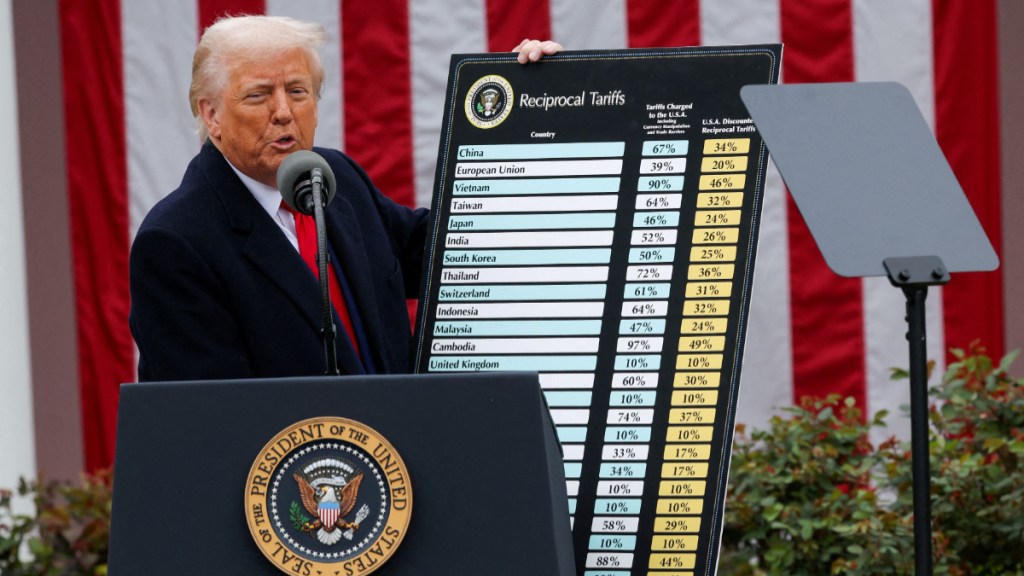The growing trade war between the US and China, fueled by President Donald Trump’s new tariffs on all Chinese goods, has caused serious concern among economists and in financial markets. Some signs of market recovery have appeared, but many experts and economists believe that the impact could already be strong enough that could lead to a possible recession.
On Thursday, China’s 84% retaliatory tariffs on US goods came into effect, following President Donald Trump’s decision to raise tariffs on Chinese imports to 125%.
Goldman Sachs and JPMorgan diverge on recession odds amid tariff pause
JPMorgan Chase CEO Jamie Dimon told Fox Business he believes a tariff-driven recession is now a “likely outcome,” echoing concerns shared by business leaders across industries. Former Treasury Secretary Lawrence Summers also raised the alarm, estimating that the fallout could lead to 2 million job losses and a drop of over $5,000 in household income.
Meanwhile, Goldman Sachs has revised its recession forecast, lowering the odds of a US economic contraction this year from 65% back to its earlier estimate of 45%. The adjustment follows President Trump’s announcement of a 90-day pause on higher tariffs for most countries.
However, JPMorgan remains more pessimistic, maintaining its view that there is still a 60% chance the US and global economies will slip into recession. According to CNN, the bank cited continued uncertainty surrounding tariffs, trade policy, and government actions—combined with significant stock market losses and weak consumer confidence—as reasons a recession may still be difficult to avoid.
As per a Forbes report, economists and market strategists have warned of a growing “sell America” sentiment. Deutsche Bank’s George Saravelos described the synchronised decline of the US dollar, bonds, and equities as “uncharted territory” in the global financial system. The dollar index fell sharply, and investors pivoted toward the Swiss franc and gold instead.
UBS chief economist Arend Kapteyn noted that the use of the International Emergency Economic Powers Act has added to investor unease due to its opaque implementation. Meanwhile, Trump and Treasury Secretary Scott Bessent have both acknowledged the possibility of a recession, calling it a necessary “transition” or “detox” period for the US economy.
Despite early gains in US equities on Wednesday, analysts remain skeptical. As $400 billion in tariffs on Chinese goods take effect, JPMorgan warns the impact may be disruptive enough to push the global economy into recession.
The combination of aggressive tariffs, policy unpredictability, and eroding investor confidence has left economists deeply concerned.
Oil prices tumbled as concern over the outlook for global energy demand outweighed any nervousness on the geopolitical front.
US crude fell 3.83% to $57.30 a barrel and Brent fell to $60.51 per barrel, down 3.68%.


